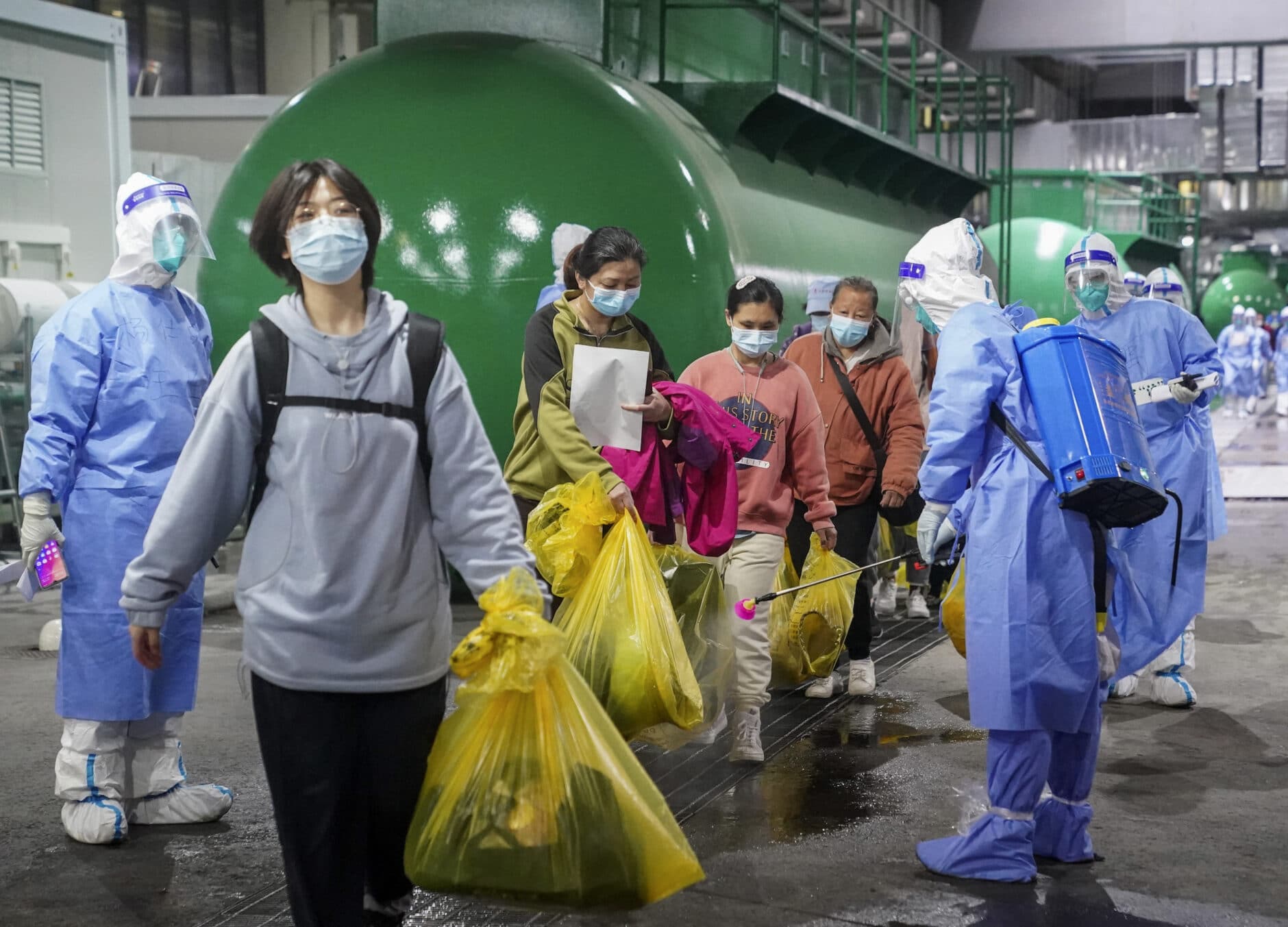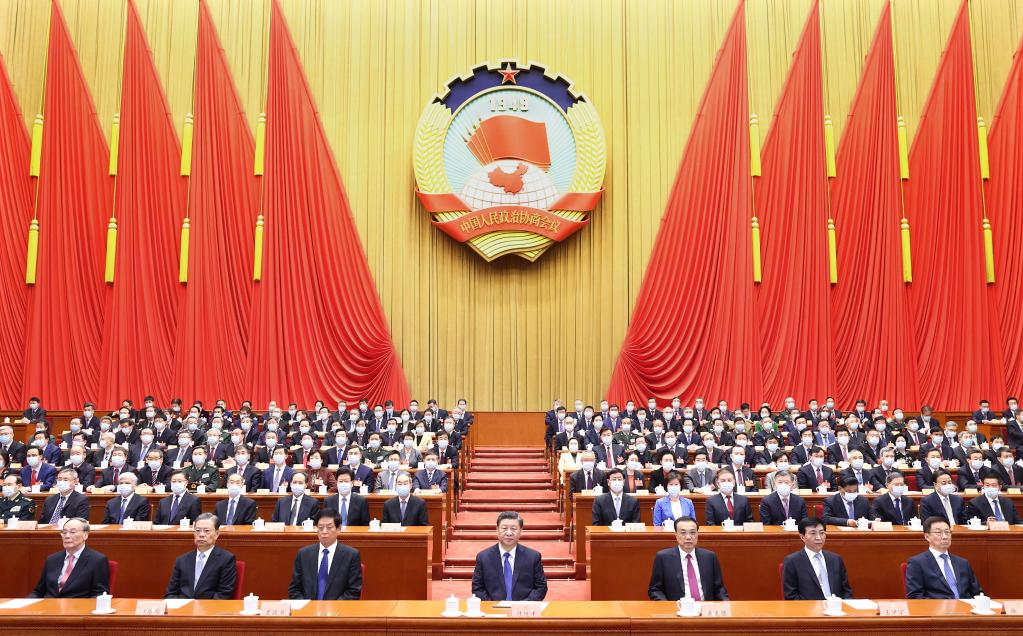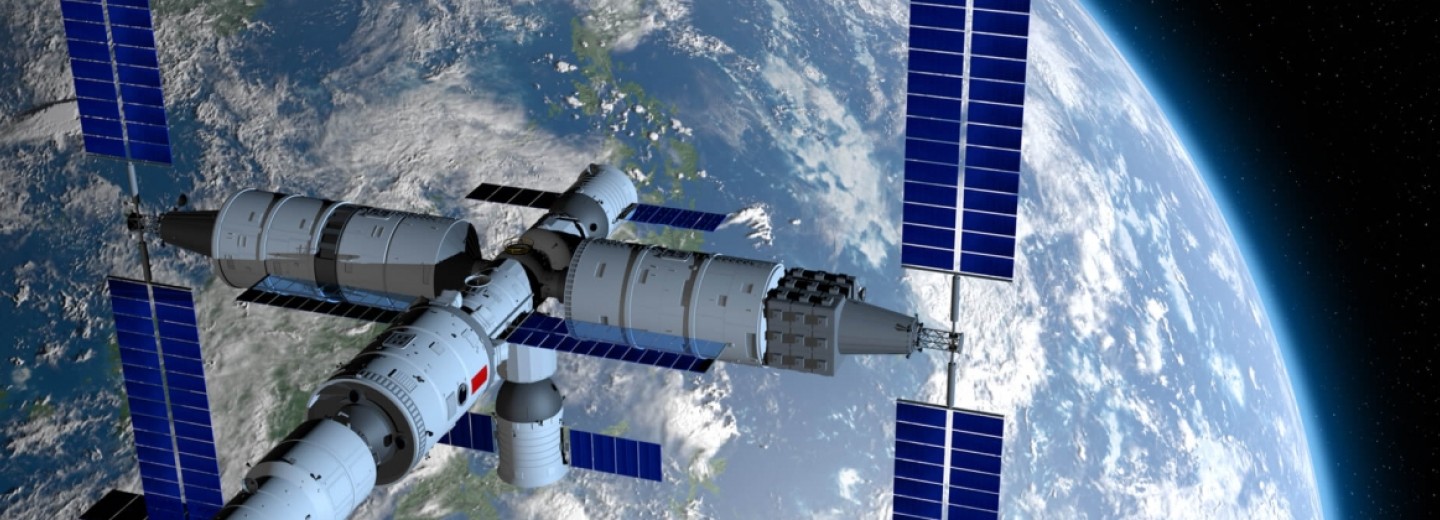China news 25th April 2022
In our first story this week, we see how changes in manufacturing priorities is affecting one Japanese auto-maker.
Japanese auto parts manufacturer, Electric Installation, plans to retrain 1,000 of its spare parts engineers as software developers by 2025. According to Nikkei Asia Review, as vehicle technology increases, competition in the automotive industry for employees with software skills is heating up. The industry expects that by 2030, software will account for 50% of the cost of cars, and the number of luxury car software code lines will increase from 100 million to 700 million per vehicle.

It is reported that the company launched a program in 2021 to encourage engineers in charge of spare parts to change their careers. Participants in the project left the workshop for about half a year to focus on re-education and training. According to the plan, superiors observe the characteristics of their engineers and recommend selected workers to receive voluntary re-education. The people who participated in the project are of different ages; according to company sources, many of them are in their twenties or thirties.
In addition to educational projects, the company also held an “internal competition to solve cloud system problems” attended by more than 200 employees in 2021 to improve employees’ understanding of the software.
Source: tech.ifeng.com.
Space exploration continues with China increasingly taking the lead and looking to welcome astronauts from all countries to its new space station.
Spokesperson for the Chinese space agency said that international cooperation is a trend in the development of the space industry. At present, China is carrying out the first batch of Sino-foreign cooperation projects, and the Chinese Space Station welcomes foreign astronauts to visit. China is willing to work with countries interested in the space industry to make greater contributions to the world space industry.

This reporter learned that China will complete the on-orbit construction of the China Space Station this year. After the completion of the space station on track this year, it is tentatively planned to launch two manned spacecraft and two cargo spacecraft every year. Astronauts will stay in orbit for a long time, and China’s manned spaceflight will move from near-Earth space to Earth-Moon space.
Source: tech.ifeng.com.
More on the debate about China’s zero-covid policy. China believes still it is the best for the country.
Recently, the epidemic in mainland China has warmed up, and the economic and social impact of epidemic prevention has attracted much attention. The debate between “zero Covid” and “coexistence” has resurrected. There have been recent arguments about isolation and coexisting with the virus. However, If the virus is allowed to spread, the consequences will be extremely serious.

There have been arguments about accepting and coexisting with the virus.
China believes that “dynamic zero infection” offers long-term peace in exchange for inconvenience.
This is the best choice for China to fight the epidemic at this stage. We need to take more thorough measures to preserve life. Dynamic zero, accelerate nucleic acid testing, admission and treatment of infected people, and blocking social transmission as soon as possible are all vital.
In the short term, rapid and decisive epidemic prevention measures will inevitably bring certain inconvenience to production and life. However, in the long run, preventing the spread of the epidemic will be exchanged for normal production and life. This is a more relaxed and stable environment for economic and social development. The sooner the epidemic is controlled, the less affected economic and social development will be.
Taking China’s economic growth last year as an example, China took the lead in realizing economic growth from negative to positive in 2020 based on taking the lead in controlling the epidemic. Last year, China’s GDP grew by 8.1%, with an average growth rate of 5.1% in two years, proving that only by adhering to “dynamic zeroing” can we truly prevent it to minimize the decline. Only by low the impact of the epidemic can better development be achieved.
Although the number of infected people reported in Shanghai is currently high, there is no exponential rise, indicating that the prevention and control measures taken have curbed the exponential rise. Therefore, in such a critical period, it is necessary to control the speed and block social transmission as soon as possible.
According to data released recently, GDP in the first quarter increased by 4.8% year-on-year, 1.3% month-on-month from the fourth quarter of 2021, which is better than market expectations.
Source: dwnews.com.
Finally, another European journal comments on China’s approach to democracy and points out its successes.
On April 16Julio Rios, an expert on China in Spain, published an article entitled “Efficiency, China’s New Political Brand”:
Last December, the so-called democratic summit convened by U.S. President Biden attracted China’s attention for two reasons. First, it is undoubtedly an ideological event with confrontational symbols. In other words, it was held to establish a watershed in the international system, which is a strategy conducive to the hegemony of the United States. However, in terms of philosophy and politics, Beijing refuses to accept the concept of “saviour” – that a certain “democratic” model applies to all countries in the world. Beijing believes that this contradicts the essence of democracy.
The theorists of the Communist Party of China suggest that every country must start from a basic front and find its own way: no matter what model it adopts, it must serve “solving the people’s problems”.
Therefore, the Communist Party of China encourages further interpretation of the concept of democracy. This approach is based on the link between democracy and efficiency; that is, whether the political system is suitable for solving people’s problems. This is the central axis of the Communist Party of China policy.

The idea of the Communist Party of China is that democracy should be measured by the ability of the political system to respond to the demands of the people, as evidenced by the trust of citizens in the government. In January this year, data from the Edman Trust Barometer showed that the public trust of the Chinese government reached 91% in 2021, the highest level in the world and the highest level in the past decade. Harvard Kennedy College conducted a similar survey and obtained the same results.
Source: column.cankaoxiaoxi.com.
Worked on the article:

Wanlikhang





